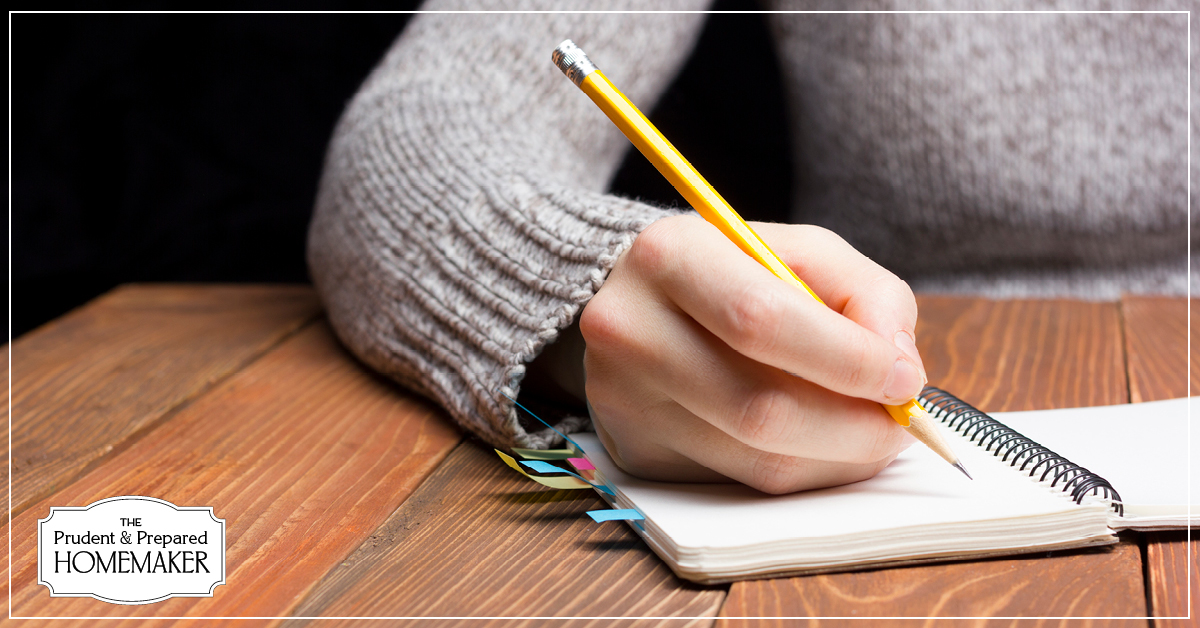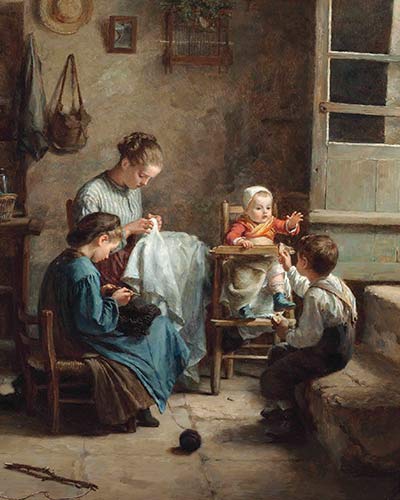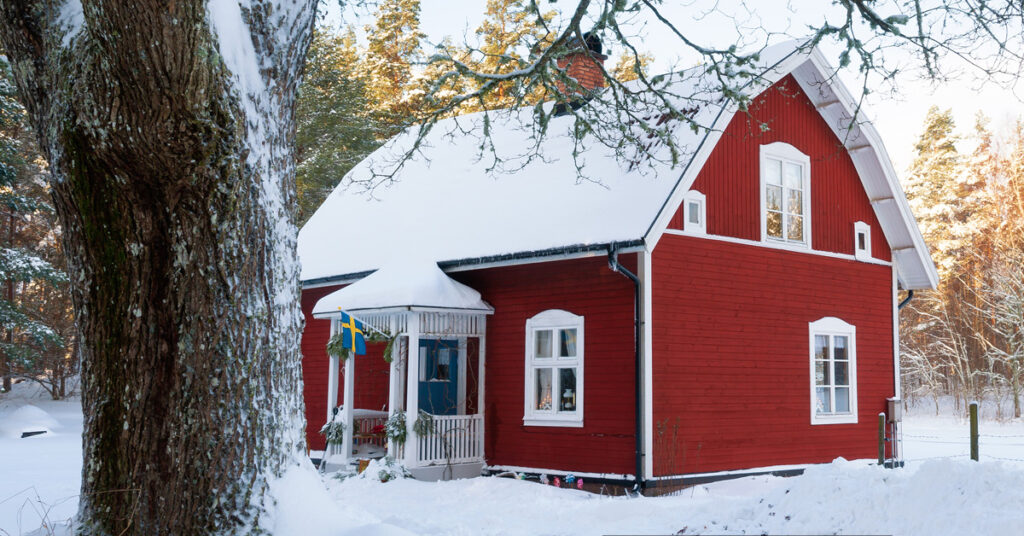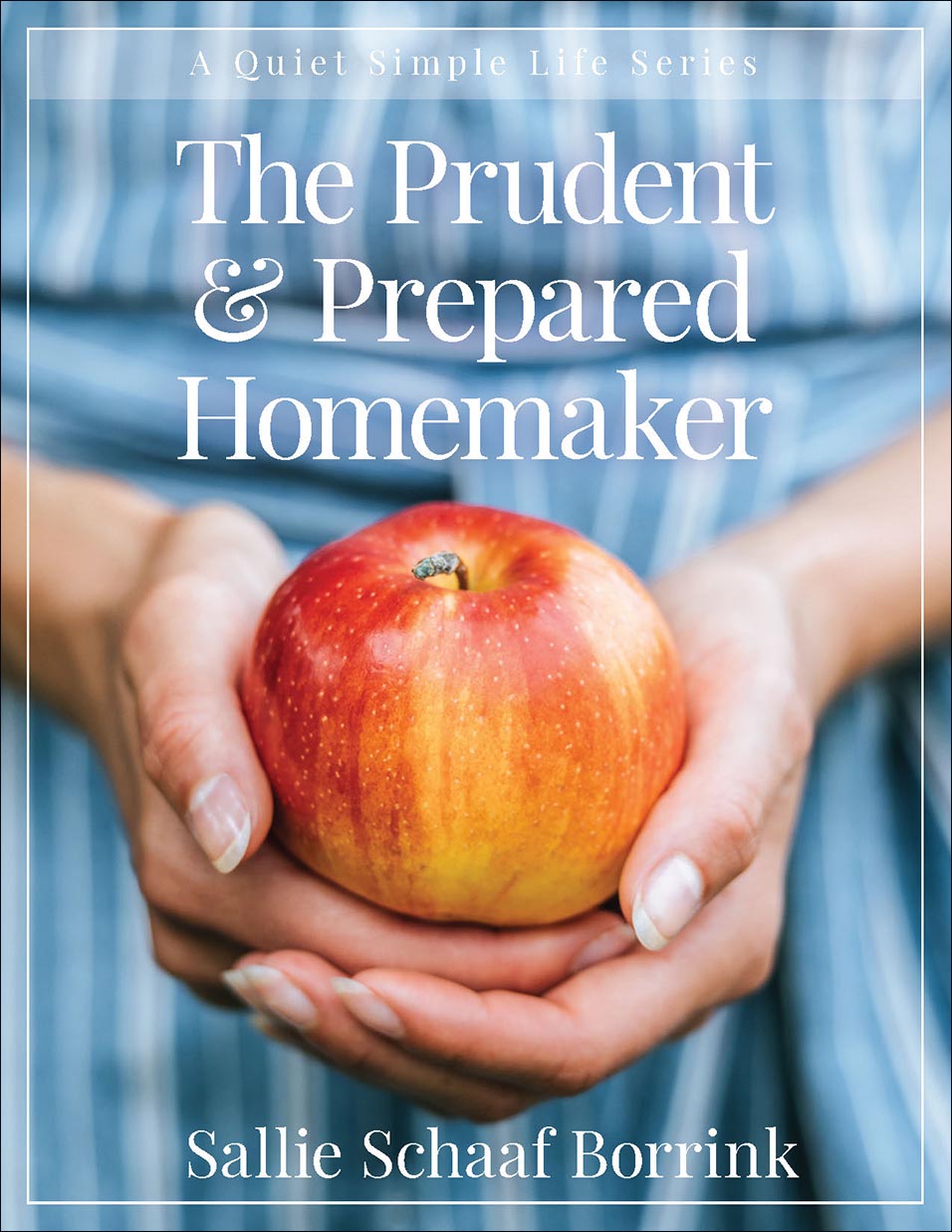There are zillions of articles about emergency preparedness. However, I have three different pieces of advice that I rarely see mentioned. Why is that? I think many of the people who write such articles are interested in either selling you a product or are hyper-focused on accumulating “stuff” to survive the apocalypse.
I’m taking a different approach. I’m going to give you three important tips that have more to do with your emotional and mental well-being. Why? Because that’s the way I think about caring for people.
Recognize the Impact of Normalcy Bias
Normalcy bias is a real thing that you need to be aware of and may need to compensate for. Wikipedia describes normalcy bias this way:
Normalcy bias, or normality bias, is a cognitive bias which leads people to disbelieve or minimize threat warnings. Consequently, individuals underestimate the likelihood of a disaster, when it might affect them, and its potential adverse effects. The normalcy bias causes many people to not adequately prepare for natural disasters, pandemics, and calamities caused by human error. About 70% of people reportedly display normalcy bias during a disaster.
The normalcy bias can manifest in response to warnings about disasters and actual catastrophes. Such disasters include pandemics, motor vehicle accidents, natural disasters like a tsunami, and war.
Normalcy bias has also been called analysis paralysis, the ostrich effect, and by first responders, the negative panic. The opposite of normalcy bias is overreaction, or worst-case scenario bias, in which small deviations from normality are dealt with as signals of an impending catastrophe.
It’s important to know which way you tend to sway. Are you part of the 70% of people who display normalcy bias in a disaster? Do you tend to dismiss any warnings or concerns to a degree that could negatively impact you and your loved ones? Or do you swing the other way and see every small event as potentially the end of the world?
Know which way you tend to think. And then decide if there is anything you need to do to have a healthier and more balanced perspective regarding emergencies and disasters.
The Psychological Stress of Not Being Plugged In
If you’ve never been through an extended emergency period without power, one thing you might not have considered is the psychological stress of not being plugged in. And by plugged in I don’t only mean electricity. I also mean the ability to be online.
We live in a very connected world, something we take for granted. We’re so accustomed to being plugged in all the time that it can be very disorienting when we aren’t. This is especially true for kids who don’t know life without being plugged in whether it is online games, streaming videos, or simply having access to friends.

Feeling Cut Off
The first part of the stress is feeling cut off from the world. This was the primary reason we finally made the switch to a smartphone when we did. Prior to that we had flip phones and a phone line that ran through our cable television service. When the power went out, we were completely cut off with no way to access the internet.
Apart from the fact that it also made it impossible to work (which was stressful), it was stressful to not know what was going on other than by a battery operated radio. With the addition of the smartphone, we had access to the internet. It made a huge difference to us.
Disruption to Routine
Not being plugged in is also difficult because it can really disrupt the routine. If you have a family that thrives on routine or a child who needs routine, this can be a big additional source of stress during a time of no power.
As you work through your prudent and prepared plans, keep in mind this source of potential stress for you and your loved ones. What are some ways you can plan ahead to make times of disruption easier on everyone?
What Is Necessary to Stay Happy?
When you contemplate what it would mean to be at home for an extended period of time (such as during a pandemic), don’t forget to include the things that will keep you and your loved ones happy.
- If you need a cup of tea and a cookie every afternoon, make sure you keep them stocked.
- Do you need coffee?
- Dark chocolate?
- Does someone in your home have a dependency on Diet Pepsi? Potato chips?
- Will one of your children go bonkers without a daily Pop-Tart?
It doesn’t matter if these are worthwhile habits. They are habits and in the midst of a difficult or stressful situation, the last thing you need is more stress because someone has caffeine withdrawal or the three year old is melting down over no macaroni and cheese.
Stock what your loved ones need and enjoy.
In fact, stock extra.
A stressful situation is not the time to decide you need to quit all your “bad” habits. In a stressful situation you’ll probably benefit from having more of what comforts you and makes things seem as normal as possible.
So if you need these things to stay happy, then make sure you have them in the house all time time in adequate amounts.
Apply These Tips to Your Plans
As you continue to formulate your prudent and prepared plan, be sure to consider how you should plan for these areas of your life. Are there things you need to purchase? Do you need to make some kind of change in your home?
Any changes and plans you make now and in the days ahead may have a lasting impact the next time an emergency hits your home.
The Prudent & Prepared Homemaker
Read All of the Posts in the Series
3 Reasons To Become A Prudent & Prepared Homemaker
5 Reasons To Keep Written Pantry & Emergency Notes
4 Must-Know Tips About Stocking a Pantry
3 Tips for Building Your Pantry
7 Places To Find Extra Money For Stocking Your Pantry
3 Reasons Most “First Things to Buy” Prepper Lists Are Worthless
4 Tips to Deal with Emergency Anxiety
4 Facts About Preparing For Emergencies
3 Unusual Tips For Emergency Preparedness
11 Ways To Prepare Your Home For A Storm
4 Important Tips About Safe Water
4 Types of People Who Should Buy a 14-Day Emergency Food Supply Pack











 4 Facts About Preparing For Emergencies
4 Facts About Preparing For Emergencies
Thank you for this timely series of posts that you’ve brought together Sallie.
Until a few years back I had a very well stocked cold room of home canning and well stocked freezers.
Now that I can’t garden and can, I have had to do a major “shift” in being prepared. So far things are very good for canned/pantry/ect. I don’t know what I’d do about the freezer. I do have pressure canners/woodstove and generator if the power went out.
After reading your post on water I realized I had completely missed that in my preparedness. I have water for washing and some for drinking. I’ve been using the “normalcy bias” in my thinking. Each time we do a weekly shop I’ll buy some drinking water as per your advice of 1 gallon/day. I need about 10-24 packs stored.
Birdie
My husband and I balance each other out pretty well. He’s convinced everything will be the end of the world (I exaggerate) and I’m convinced nothing will touch us. He grounds me, and I lift him up.